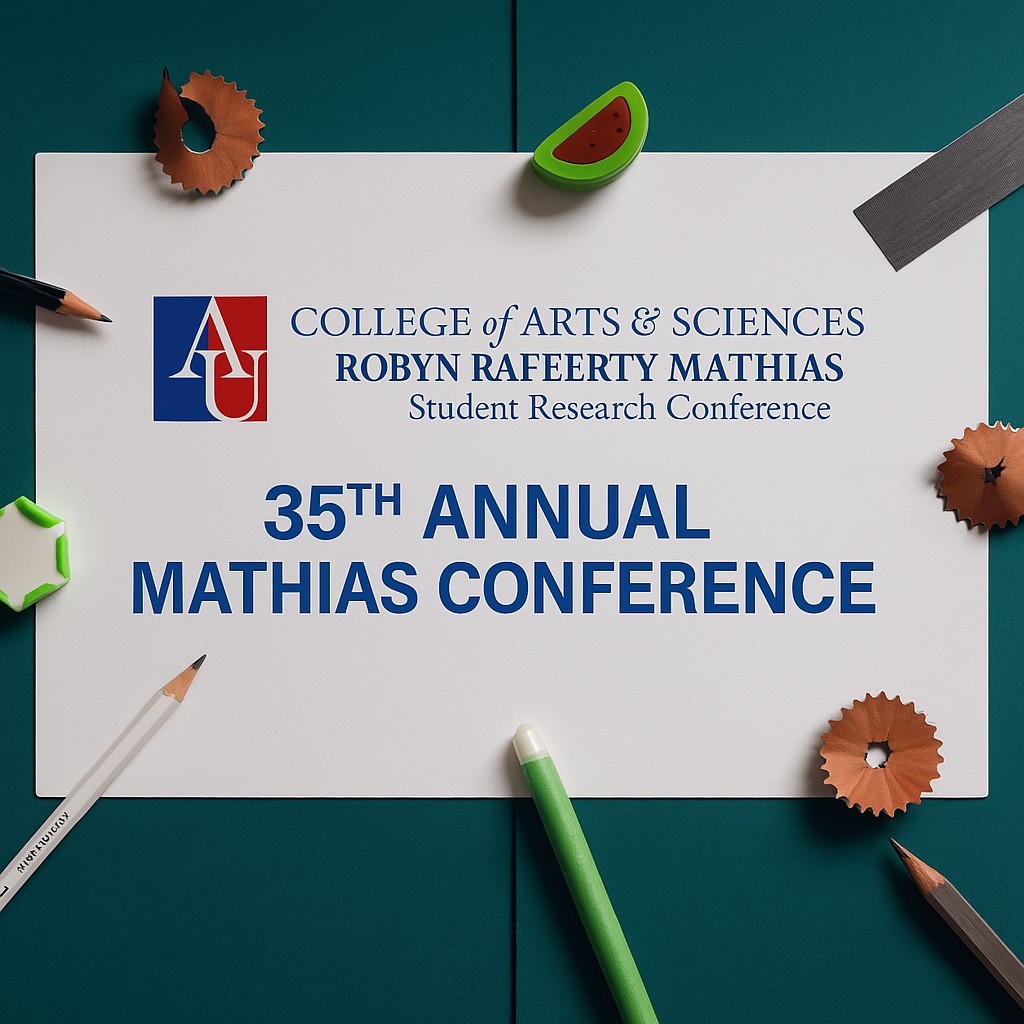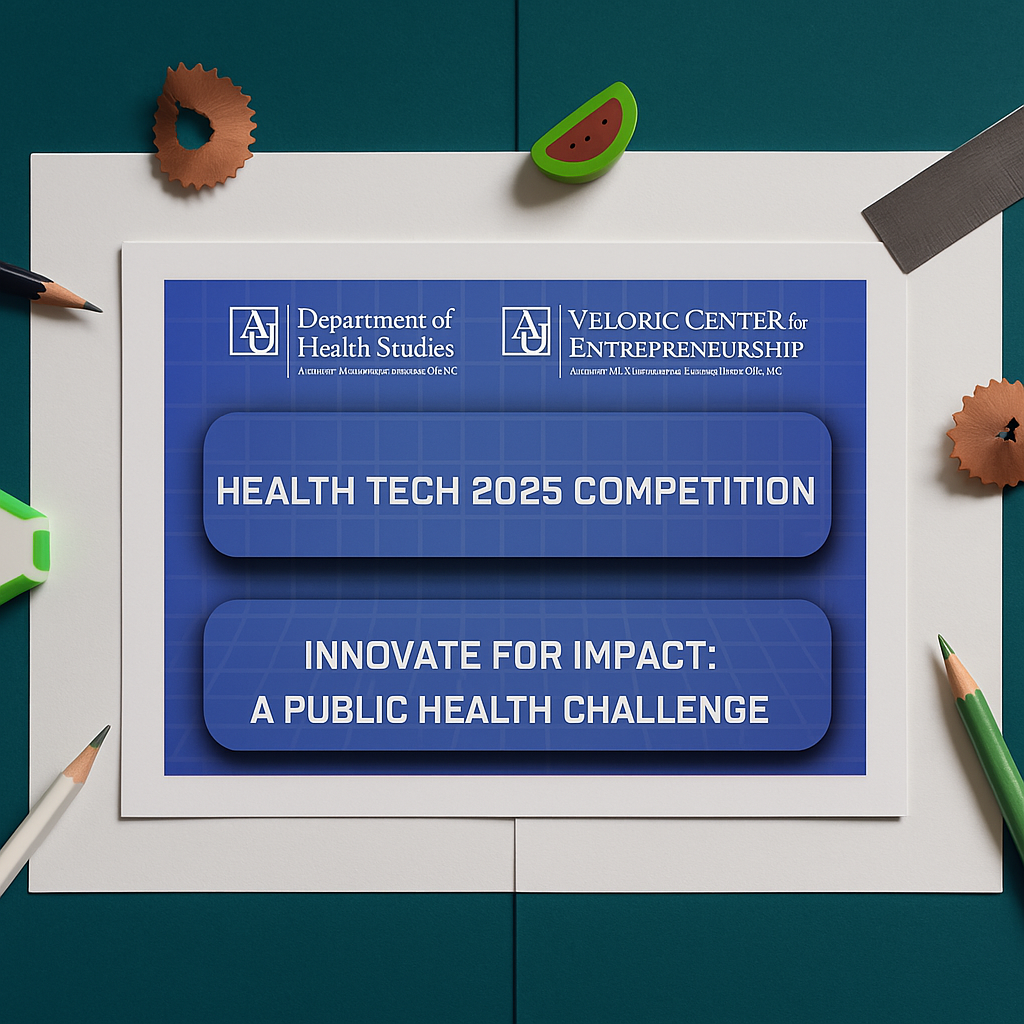In October 2024, I had the wonderful opportunity to attend the Women in Statistics and Data Science (WSDS) Conference, held in Reston, Virginia. Hosted by the American Statistical Association, this annual event brings together women statisticians, data scientists, and industry leaders to share knowledge, build community, and inspire one another across academia, government, and industry.
As a current MS Data Science student, it was both inspiring and energizing to learn from so many accomplished professionals who are shaping the future of data-driven research and innovation. From keynote sessions to workshops and panels, the experience gave me practical skills, fresh ideas, and a deeper sense of belonging in the data science community.

One of the most impactful sessions I attended was the “Using Tools for Effective Open Science Collaboration – GitHub” workshop. Led by Julia Buffinton, it covered everything from the fundamentals of version control to more advanced Git workflows for collaboration. I learned how to confidently apply core Git commands, manage branches, and use GitHub for remote teamwork—skills that are essential for any collaborative data science or research environment. It was empowering to see how mastering these tools can simplify project management and support transparent, reproducible science.
Another standout session was the keynote by Dr. Ji-Hyun Lee, which emphasized the importance of cultivating professional soft skills alongside technical knowledge. She spoke about the value of understanding the business problem clearly, communicating effectively, and embracing curiosity and leadership in our work. These are the types of skills that turn a strong analyst into a trusted problem-solver and advisor.
I also attended sessions focused on improving data storytelling and presentation. One session emphasized that understanding your audience is just as important as the analysis itself. I learned how to simplify visualizations, minimize text on slides, and use thoughtful design to make findings clear and compelling. I especially appreciated the tip to include QR codes for accessibility and engagement.
One of the most unexpected yet rewarding outcomes of attending WSDS was learning how to present my work with greater confidence. I gained valuable presentation skills by watching fellow students showcase their projects—seeing their approach to framing research, engaging the audience, and explaining their visuals helped prepare me for my own presentation at the 35th Annual Robyn Rafferty Mathias Research Conference at American University. That experience gave me the boost I needed to step into the spotlight with self-assurance and share my research meaningfully.
From technical deep-dives into ethical decision-making and AI in drug development, to panels on navigating the tenure track and applying statistics to maternal health research, every session reminded me of how diverse and impactful our field is—and how critical representation and equity are in data science spaces.
This conference not only gave me new tools and insights to bring back to my coursework and projects but also helped me feel more confident navigating the next steps in my data science career. I’m grateful to the organizers, speakers, and attendees who made this event such a rich and welcoming space for learning and connection.
If you’re passionate about ethics, collaboration, or data visualization in data science, I’d love to connect and hear about your experiences too!


